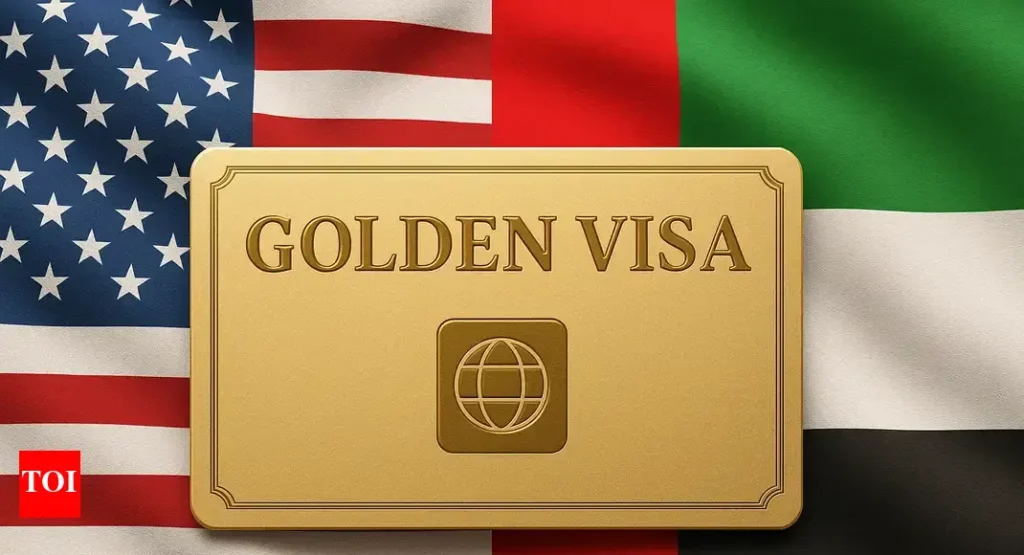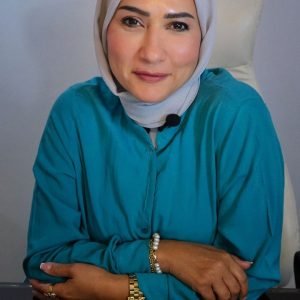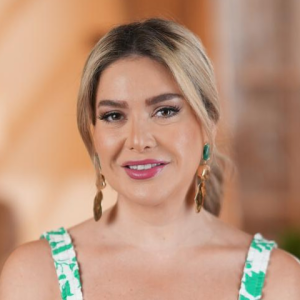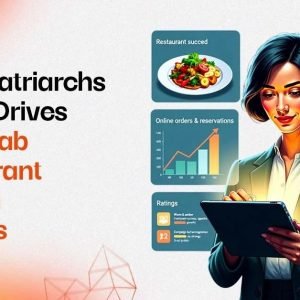In a world gripped by conflict, rising nationalism, and shifting immigration policies, Golden Visa programs have become a beacon of hope for many seeking stability, opportunity, and citizenship. According to a Dubai-based immigration expert, the surge in these residency-by-investment schemes is not coincidental—it’s a direct response to geopolitical unrest and pivotal policy changes made by former U.S. President Donald Trump.
These schemes, often viewed as a privilege of the wealthy, are now being seen in a different light. For many families, they are no longer about luxury or second homes—they’re about security, freedom of movement, and future-proofing their children’s lives.
A Shift Triggered by Global Turmoil
The Dubai immigration advisor, who has been working with high-net-worth individuals for over a decade, says that the post-2016 era marked a critical turning point. With Trump’s immigration crackdowns, stricter naturalization rules, and tightened scrutiny over birthright citizenship, many began reevaluating their long-term prospects in the United States.

Simultaneously, regions like the Middle East and parts of Asia experienced increasing political and economic instability. The demand for safe, stable, and welcoming destinations skyrocketed—and Golden Visa programs, especially in Europe, began to flourish.
Families from Lebanon, Syria, Palestine, and even traditionally secure nations like India and China started exploring these options, not for status, but as a survival strategy.


Trump’s Shadow on U.S. Citizenship
One of the biggest concerns raised by clients, the expert reveals, is the unpredictability of U.S. immigration policy. Under Trump, initiatives to limit birthright citizenship sent shockwaves through immigrant communities. The message was clear: even longstanding rights could be reconsidered.
This led many, particularly from the Middle East and South Asia, to seek alternatives. Countries like Portugal, Greece, Malta, and Spain began offering residency or citizenship in exchange for real estate investments, job creation, or government contributions. For many, this was not just a backup plan—it was Plan A.
Golden Visa countries, by contrast, appeared to offer greater legal certainty. With investment thresholds that were clear, straightforward residency rights, and family-inclusive benefits, they became more attractive than ever.
Dubai: A Strategic Launchpad for Second Citizenship
Dubai, with its cosmopolitan lifestyle and large expat population, has become a central hub for second citizenship seekers. The city hosts a growing number of boutique immigration firms and legal advisors catering to clients looking to expand their global mobility.
From entrepreneurs to young professionals, the clientele has evolved. It’s no longer just billionaires trying to buy passports—it’s doctors, engineers, digital nomads, and small business owners who want options.
The expert notes that while the demand used to be seasonal or driven by financial goals like tax planning, today it’s deeply personal. Parents want to secure better futures for their children. Couples want to avoid being separated due to visa denials. Business owners want operational freedom without borders.
Dubai’s location, ease of access to global markets, and lack of personal income tax make it a logical springboard. People can continue building their lives here while securing a safety net elsewhere.
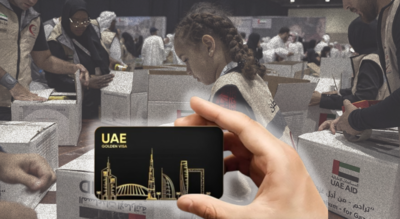
Citizenship Has Become a Commodity—But For Good Reason
Critics often label Golden Visas as tools for the ultra-wealthy to avoid responsibility. But the expert offers a different perspective. When used ethically and responsibly, these programs can bring economic benefits to host countries while offering families a second chance at stability.
He recounts stories of clients who invested in real estate projects in Portugal that helped revive small towns or opened tech firms in Greece, employing dozens of locals. These aren’t shadowy transactions—they’re real contributions that uplift communities.
For families, the reward is peace of mind. Being able to relocate quickly in case of unrest, securing high-quality education, or ensuring medical access in a stable country—all of this is worth the investment.
The Rise of Mobility Consciousness Post-Pandemic
The COVID-19 pandemic acted as another accelerant. When countries began closing borders, individuals with multiple passports or residency rights had far more flexibility. Suddenly, mobility wasn’t a luxury; it was a necessity.
Post-pandemic, people began to look beyond their primary nationality. They started asking questions about visa-free travel, healthcare systems, digital access, and the quality of life abroad. Golden Visas became the answer to those questions for many.
The Dubai expert noticed a huge spike in inquiries from families who had never considered leaving their home countries before. The pandemic made them realise how vulnerable they were to bureaucratic decisions and passport power.
Middle Eastern Families Leading the Surge
Among the most active seekers of Golden Visas are families from Lebanon, Syria, Iraq, and Palestine. For many of them, war, inflation, and political uncertainty have made life back home unbearable. Others, though relatively stable, are simply seeking better opportunities.
Golden Visas offer them more than just an escape—they offer dignity. Being able to travel without fear of denial, to live without discrimination, and to provide global education to their children are the new benchmarks of success.

Interestingly, some are also turning their investments into long-term plans. They settle in places like Lisbon or Barcelona, not just for paperwork but for lifestyle. The expert mentions several families who’ve relocated entirely and are now running businesses and contributing to their new communities.
A Future Built on Flexibility
Looking ahead, the expert believes that global citizenship will only continue to gain value. He foresees more governments launching their own versions of Golden Visa programs to attract talent, capital, and diversity.
But he cautions that transparency, due diligence, and ethical guidance will be key. As demand grows, so does the risk of exploitation by unscrupulous agents. Families must work with qualified advisors, understand the legal implications, and treat second citizenship as a serious, long-term decision—not just a trendy investment.
For him, the real reward isn’t just about the papers. It’s the stories. The mother who escaped a war-torn city and now watches her daughter attend school in Switzerland. The young couple who moved their tech startup from Beirut to Berlin thanks to their residency rights. The grandfather who finally feels safe knowing his grandchildren won’t have to endure what he did.
These are the real benefits of mobility—and no policy shift or political upheaval can take that away.
Conclusion: Citizenship is No Longer Tied to Geography
As borders become tighter and geopolitical lines blur, people are realizing that nationality is no longer just a matter of birthplace. It’s a choice, a strategy, and often a necessity. Golden Visa programs, far from being symbols of privilege, have emerged as lifelines.
Whether triggered by Trump-era uncertainty or ongoing regional conflicts, the shift is undeniable. People want control over their futures. And in an uncertain world, a second passport can offer just that—a little more certainty, a little more freedom, and a whole lot of hope.
The Dubai-based expert says it best: “Today, citizenship is not just where you’re from. It’s where you feel you belong, and where your children will thrive.”
Do follow UAE Stories on Instagram

